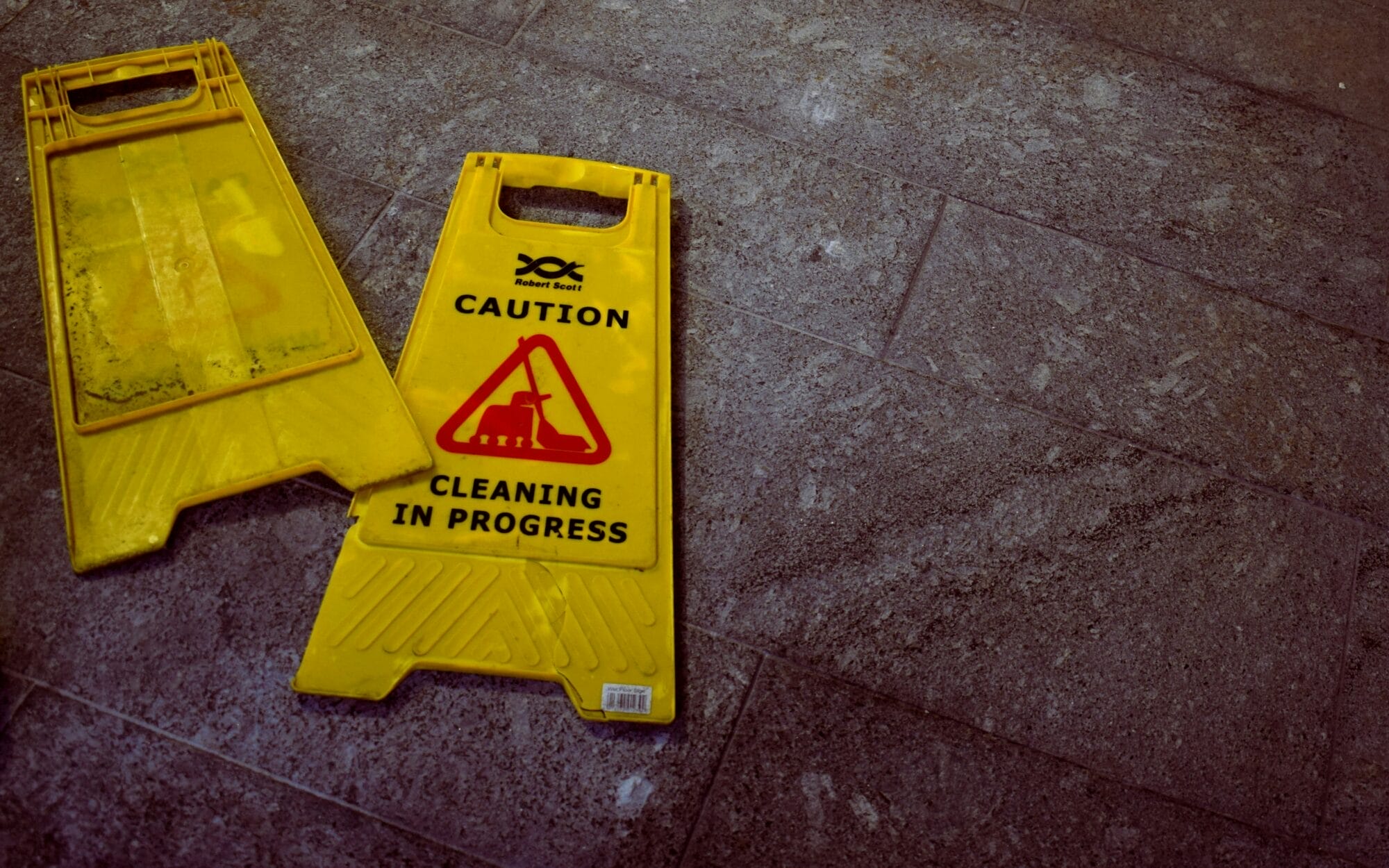In a Virginia personal injury claim, your financial recovery may include specific amounts for pain and suffering. Determining the amount of these damages requires assistance from an experienced personal injury lawyer. In the discussion that follows, our injury lawyers at Renfro & Renfro explain the basics about compensation for pain and suffering in a negligence case.
Types of Damages in a Personal Injury Case
When you make a personal injury claim of any type — whether it’s for a car accident, slip and fall, product injury, or another injury — your goal is to get financial compensation from the person who caused your injury. Virginia law allows a person injured by someone else’s negligence to claim specific types of financial damages in a personal injury case.
Generally, damages fall into two categories. Economic damages, also called special damages, are for measurable losses. They include medical bills and expenses, lost wages, and other amounts that can be calculated mathematically. Non-economic or general damages compensate for losses that can’t be measured easily, like pain and suffering. Punitive damages, which punish the responsible party rather than compensating the victim, is a third category of damages. Personal injury compensation rarely includes punitive damages.
Damages for Pain and Suffering
The pain and suffering from injuries caused by an accident is extremely difficult to calculate. Yet, your lawyer has to make a calculation in order to claim a specific amount of compensation for your pain and suffering. Determining that amount involves taking a number of factors into account.
Compensation for pain and suffering covers physical discomfort and mental anguish you experience as the result of your injury. All the physical pain you experienced immediately after the accident, during treatment, and after recovery matters. In some cases, physical pain from an injury may last for months, years, or even for life. It is very important to document your pain and suffering. The best way to document this is to inform your treating physicians of all the symptoms you are experiencing, no matter how trivial they may seem to you. Pain and suffering damages take all those aspects of pain into account.
Injuries also often cause psychological, emotional, and mental distress. When a victim suffers in those ways, the monetary recovery includes compensation for that suffering. Your lawyer looks for specific evidence of this kind of pain and suffering by considering a number of factors that demonstrate the effect of your injuries on your life. Again, it is important to document these aspects of pain in suffering by reporting them to your treating physician. Your treating physician may also determine that your symptoms require treatment by a specialist, and provide a referral for additional care. Treating your psychological and emotional issues resulting from your accident is an important factor in making a full recovery from your accident.
Evidence in a Pain and Suffering Claim
To document pain and suffering in a personal injury claim, your lawyer looks to a wide range of evidence. Since this cannot really be measured in any mathematical way, your lawyer gathers evidence pointing to circumstances that indicate the presence of pain and suffering or show the impact of your injury on your daily activities.
The nature and severity of your injuries, as evidenced by your medical records, provide a good indication of the likely level of pain. Your medical records may actually contain statements relating specifically to what type of pain you reported to the medical professionals who treated you and worked with you during recovery. The record of prescribed pain medications is relevant too. The medical prognosis for your condition in the future also helps to indicate the duration of time that the pain will be present. In some cases, expert witnesses can help document the level of pain caused by an injury.
If your injury caused a physical disfigurement or deformity that results in embarrassment or humiliation, that fact may be used to document psychological and mental suffering. Inconvenience caused by your injury and loss of the quality of your life may be evidence of pain and suffering as well. If your injury means that you can no longer do activities you enjoyed before your accident, that effect on your life enters into determining pain and suffering damages. Sometimes, an injury can even affect the quality of your relationships with family and friends, which may be an element of the pain and suffering damages.
Documenting Pain and Suffering
In addition to compiling medical evidence and collecting information about your activities and relationships before and after your accident, your lawyer may ask you to keep a journal. Recording your pain experience and writing down how your injury interferes with your daily routine often helps your attorney develop the strategy for getting your compensation.
Your lawyer may also tell you to avoid posting on social media while your personal injury case is pending. The insurance company and defense attorney will watch your social media accounts — and possibly those of your family and friends — for any indication or evidence that the pain and suffering from your injury is not as serious as you claim. You can learn more about how posting on social media can be problematic by reading our blog post, How Social Media Can Adversely Affect Your Personal Injury Claim.
Schedule a Free Consultation with our Virginia Personal Injury Attorneys
If you received injuries in an accident caused by another person and have not talked with a lawyer, you should do so at the earliest opportunity. Documenting pain and suffering and the other elements of your compensation during treatment and recovery is extremely important. Our Virginia personal injury attorneys at Renfro & Renfro welcome you to contact us for a free consultation.






